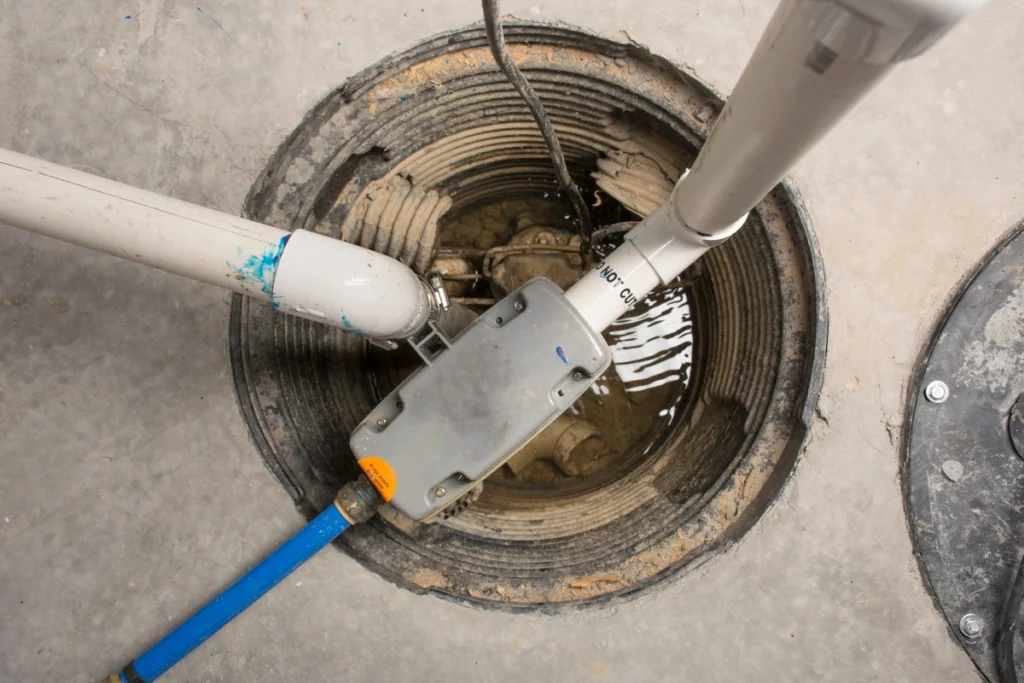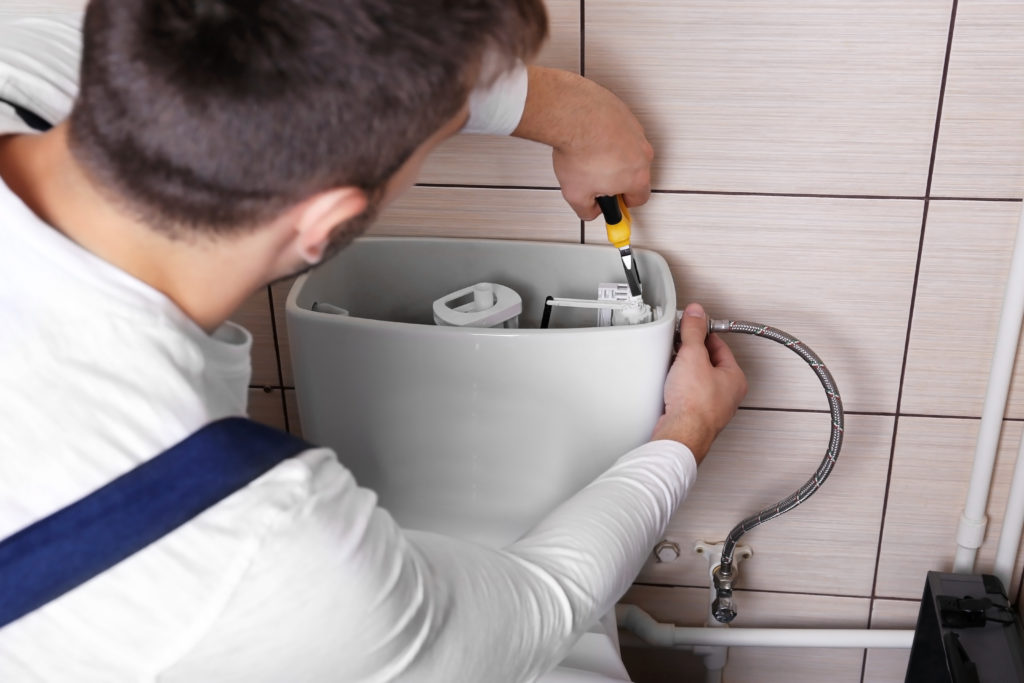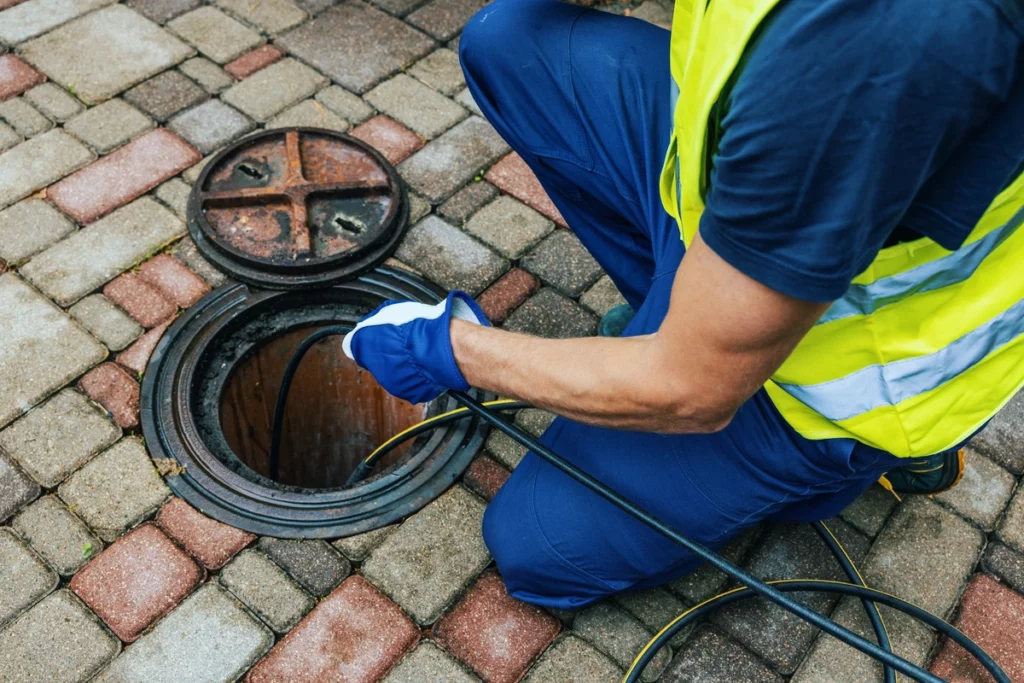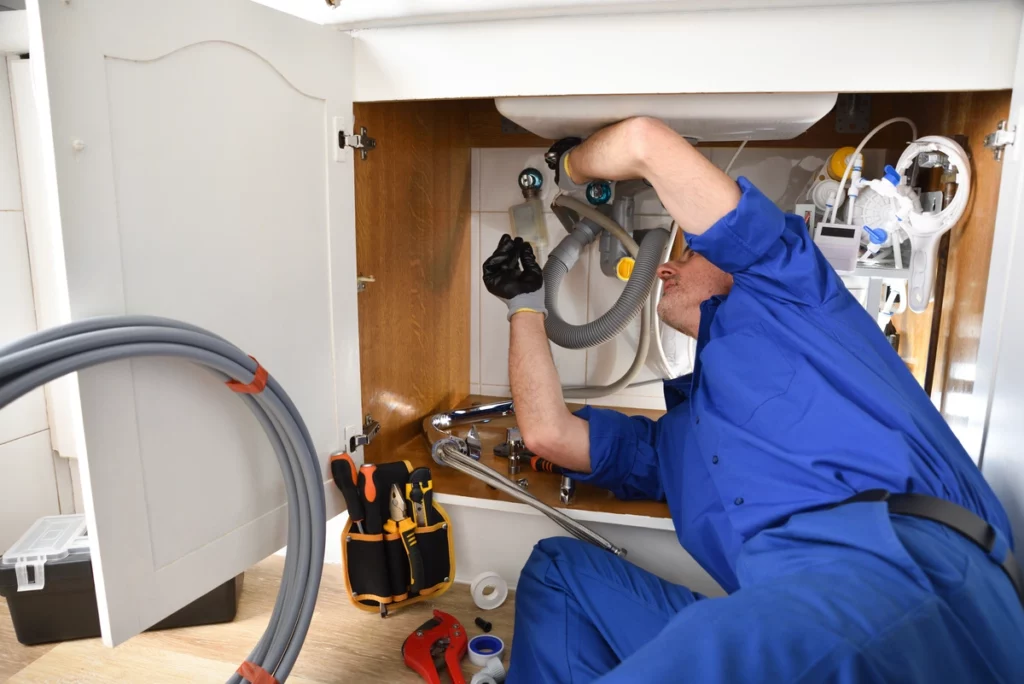Your home’s sump pump is a silent hero that protects your basement from flooding and water damage. But what happens when this unsung hero fails due to a power outage or a mechanical malfunction? This is where a sump pump battery backup system comes into play.
In this comprehensive guide, we will walk you through the process of choosing the ideal sump pump battery backup for your home, ensuring that your basement stays dry even in the face of unexpected challenges.
Understanding Sump Pumps
Before diving into the world of battery backups, it’s essential to understand what a sump pump is and why it’s crucial for your home’s protection against flooding.
What Is a Sump Pump?
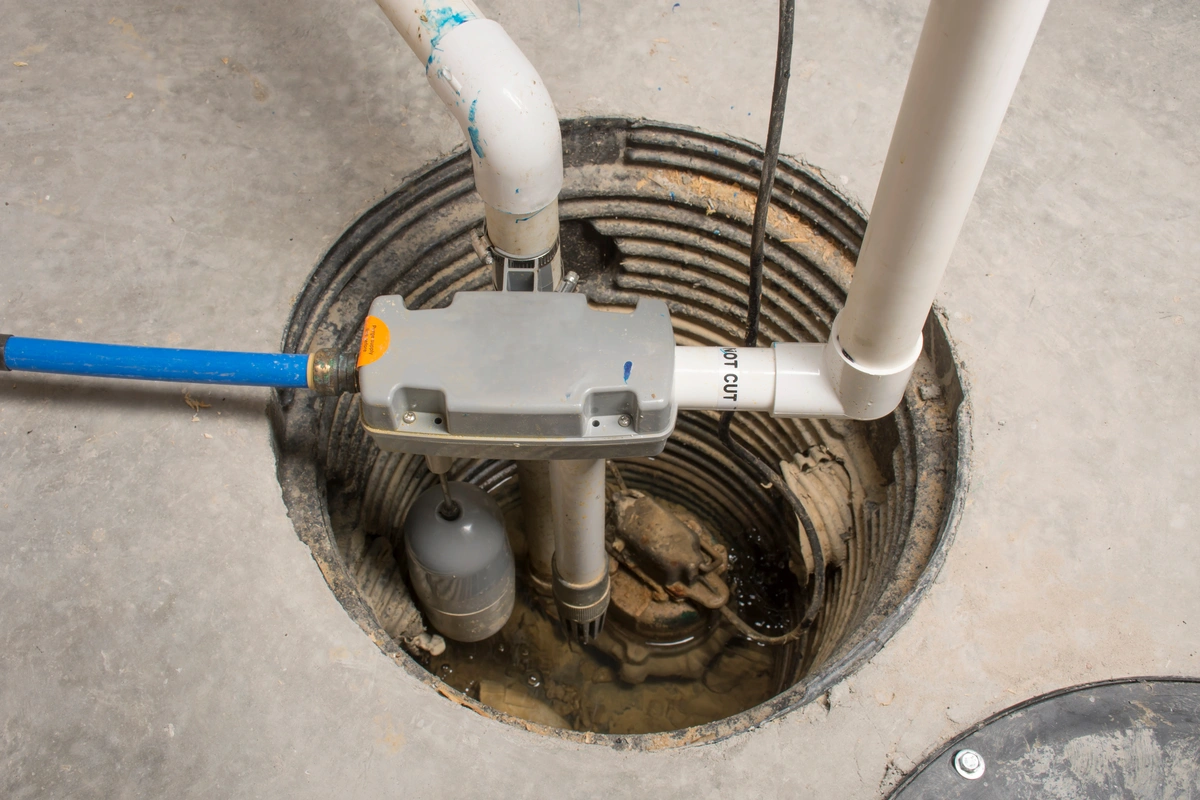
A sump pump is a mechanical device installed in your basement or crawl space, designed to remove excess water that accumulates in a sump pit. This pit collects water that enters through the foundation, groundwater, or from heavy rains. When the water level in the pit reaches a certain point, the sump pump automatically activates, pumping the water out and away from your home, preventing basement flooding.
The Consequences of Sump Pump Failure
Imagine a scenario where your sump pump suddenly fails during a heavy rainstorm or power outage. The consequences can be disastrous, leading to costly water damage, mold growth, and property loss. To avoid such situations, investing in a reliable battery backup system is crucial.
The Risks of Sump Pump Failure
- Basement Flooding: Without a functioning sump pump, your basement is vulnerable to flooding, which can damage your belongings and the structural integrity of your home.
- Mold and Mildew: Excess moisture from a flooded basement can lead to mold and mildew growth, posing health risks and requiring expensive remediation.
- Property Damage: Water damage can harm your home’s foundation, walls, and flooring, resulting in costly repairs.
- Increased Insurance Costs: Frequent claims for water damage can cause your homeowner’s insurance premiums to rise.
Types of Sump Pump Battery Backups
Now that you understand the importance of a backup system let’s explore the various types of sump pump battery backups available on the market.
1) Standard Battery Backup Systems
Standard battery backup systems are the most common choice for sump pump protection. They consist of a rechargeable battery and a control unit that automatically switches the sump pump to battery power when a power outage occurs. Here are some key considerations for standard battery backups:
- Battery Type: Standard backups often use maintenance-free sealed lead-acid batteries, which are reliable and affordable.
- Battery Life: Battery life varies but typically ranges from 2 to 5 years, depending on usage and maintenance.
- Capacity: Ensure the battery capacity is sufficient to power your sump pump for an extended period during an outage.
- Installation: These systems are relatively easy to install, making them a popular choice for homeowners.
2) Advanced Battery Backup Systems
Advanced battery backup systems offer enhanced features and capabilities compared to standard options. Also known as a deep cycle battery, they are designed for homeowners who want added security and peace of mind when their primary pump fails. Here are some features to consider:
- Longer Runtime: Advanced systems often have larger battery capacities, providing longer backup power during extended outages.
- Remote Monitoring: Some advanced models offer remote monitoring through smartphone apps, allowing you to check the system’s status and receive alerts.
- Self-Testing: These systems may perform self-tests to ensure they are functioning correctly, reducing the risk of failure.
- Compatibility: Check if the backup system is compatible with your existing sump pump or if it comes as a complete package.
3) Water-Powered Sump Pump Backup
Water-powered sump pump backups are a unique alternative to battery-powered systems. Instead of relying on electricity or batteries, they use your home’s water supply to operate. These backups are worth considering for specific scenarios:
- Dependable Operation: Water-powered backups don’t rely on batteries or electricity, making them a reliable choice during extended outages.
- Maintenance-Free: Since they have no batteries to replace, water-powered backups require minimal maintenance.
- Water Usage: Be aware that these systems use water from your home’s supply to operate, which could lead to increased water bills in some cases.
What to Do If Your Sump Pump Stops Working
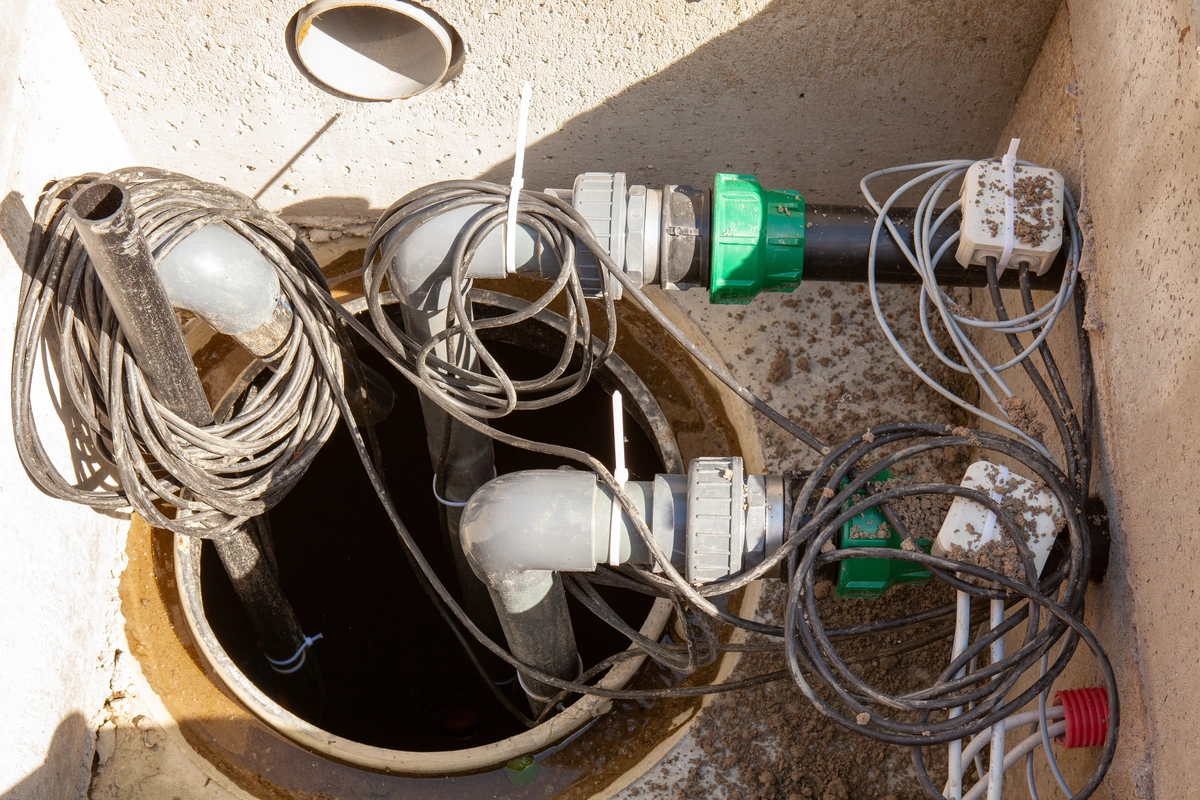
Even with a reliable battery backup system in place, it’s essential to know what to do if your sump pump stops working. Here are steps to take when facing a sump pump failure:
1) Manual Check
- Inspect the sump pump to ensure it’s plugged in and the power source is functioning correctly.
- Check for debris or clogs in the pump or discharge pipe.
- Examine the float switch to ensure it moves freely.
2) Test the Battery Backup
- If you have a battery backup system, make sure it’s operational by running a manual test.
- Confirm that the battery is charged and properly maintained.
3) Contact a Professional
- If you’re unable to identify or resolve the issue, contact a qualified sump pump technician or plumber for repairs.
- Consider scheduling regular maintenance to prevent future problems.
Work With an Expert Plumber!
When your primary sump pump fails, having a battery backup can save you a headache in the future. By understanding the different types of backups available and their features, you can make an informed decision to protect your basement from flooding and water damage. Remember that regular maintenance and swift action in the event of a failure are key to keeping your sump pump system in optimal working condition and your basement dry.
While maintaining sump pumps may seem confusing, you don’t have to figure it out on your own. Instead, call on your local plumbing experts at AJ Alberts Plumbing to help you! From a minor leak to a major sump pump installation, we can help keep your home clean, dry, and functional for years to come. Contact us today to set up your service request!

